By Christopher Miskimon

In late 1776, the Continental Army was in a desperate position. In August, they retreated from Long Island to Manhattan; in November they withdrew into New Jersey and soon after into Pennsylvania. However, from the depths of looming defeat, General George Washington discerned the path to victory. He kept his army moving, always out of reach of the pursuing British. He used surprise and deception, targeting isolated enemy units. To inflict attrition on his opponents Washington formed partisan bands while avoiding large battles with his main force. These techniques influenced him to seize the opportunity to cross the Delaware River and strike the British detachments at Trenton and Princeton. Afterward he checked further British movements, denying them the chance to support their invasion of upstate New York.
This is the author’s eighth book on the American Revolutionary War, and he brings extensive research and deep knowledge of the New Jersey area to his writing. The amount of detail in this book is impressive and the narrative smoothly ties these details together into an interesting and informative history of Washington’s darkest hour.
George Washington’s Revenge: The 1777 New Jersey Campaign and how General Washington Turned Defeat into the Strategy that Won the Revolution (, Stackpole Books, Essex CT, 2022, 346 pp., maps, illustrations, notes, bibliography, index, $34.95, hardcover)
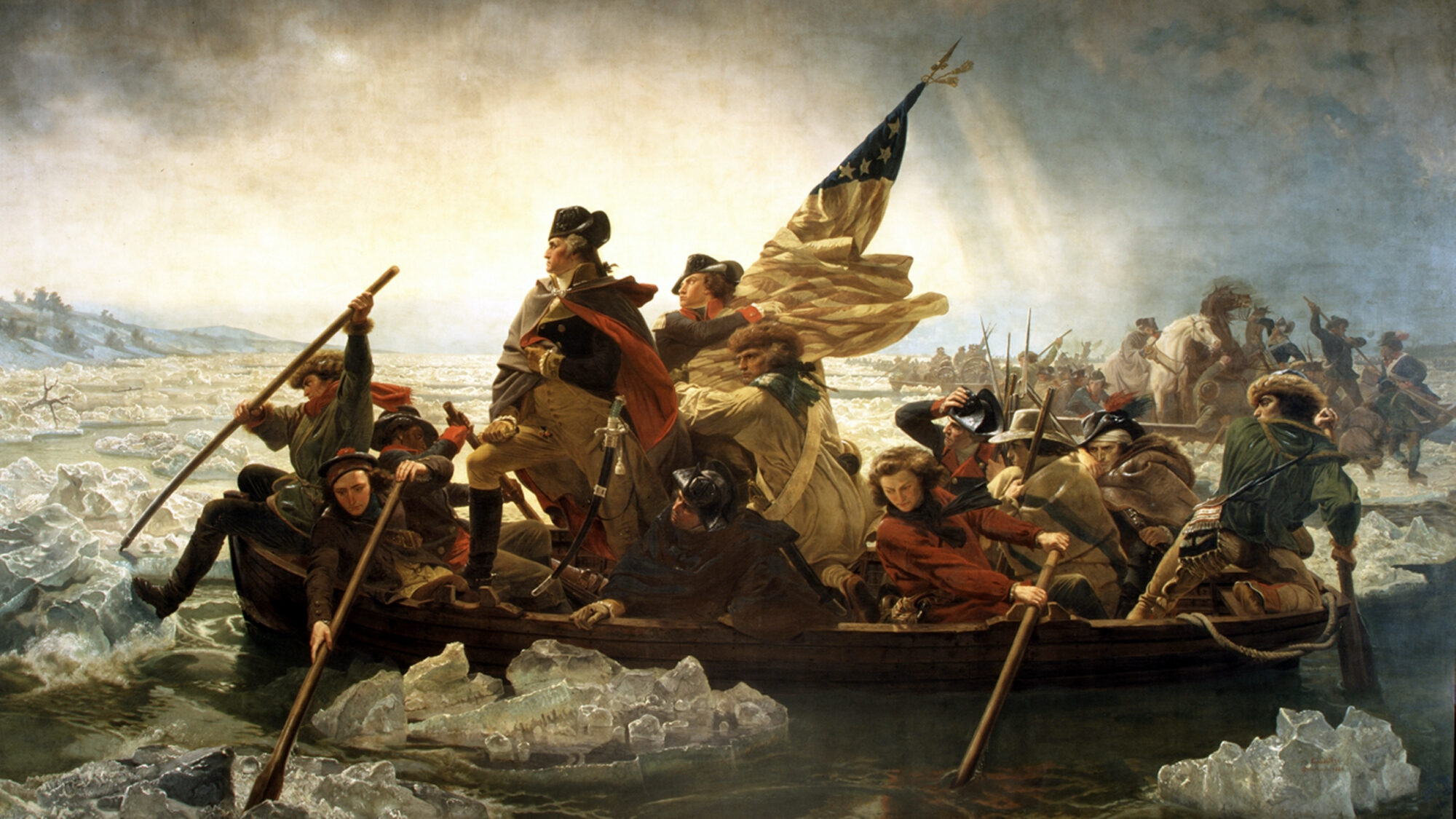


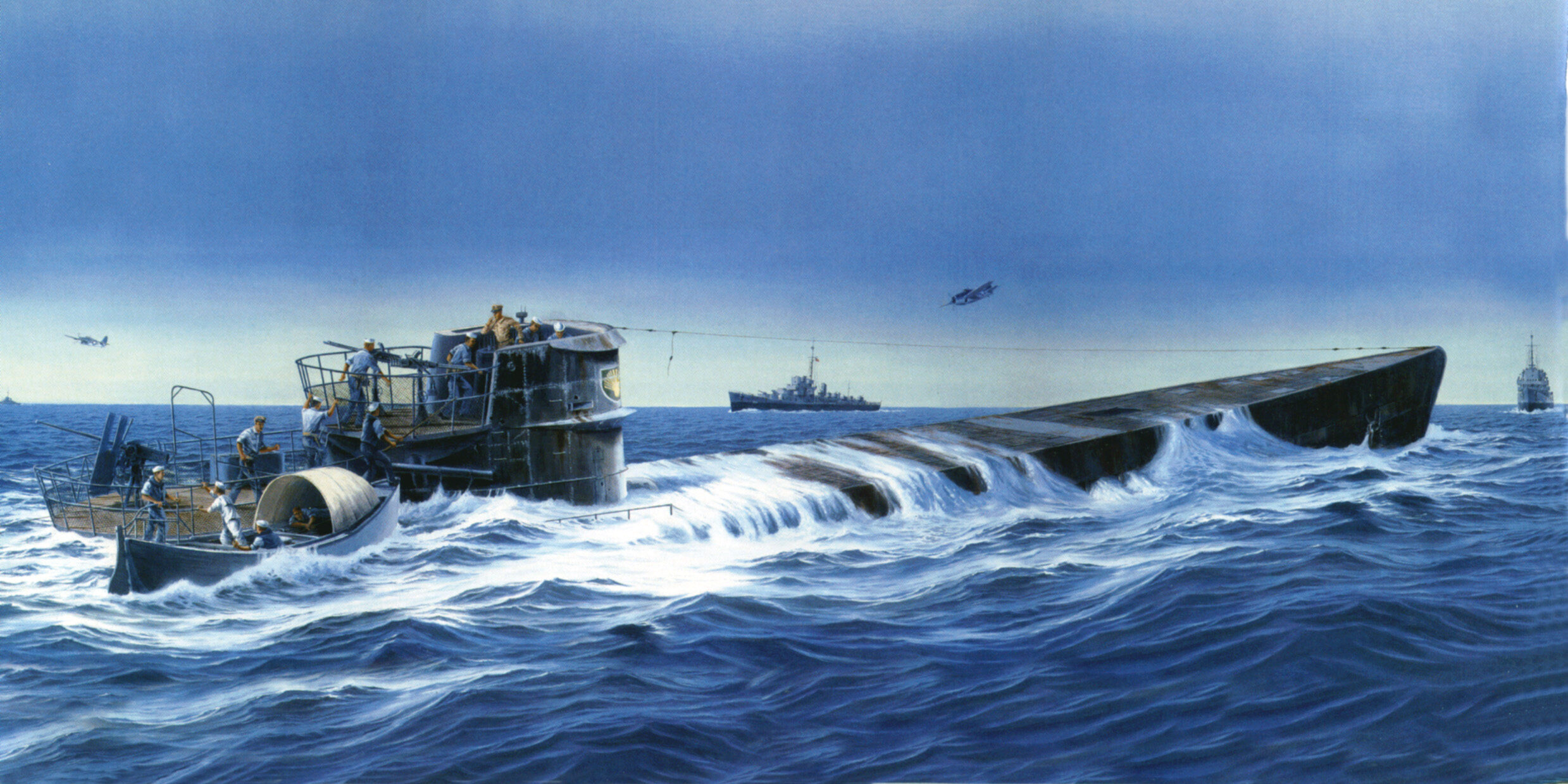
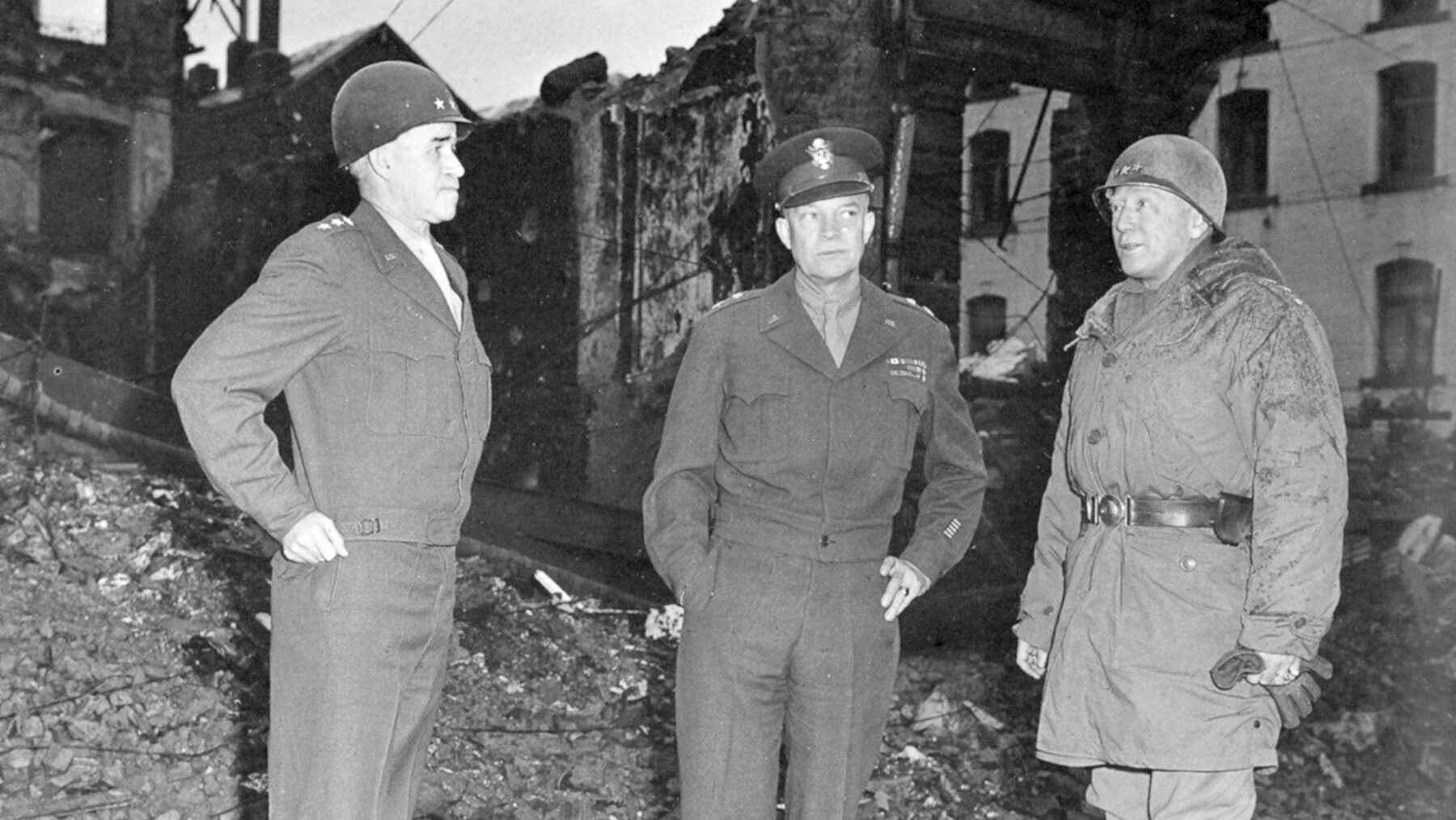
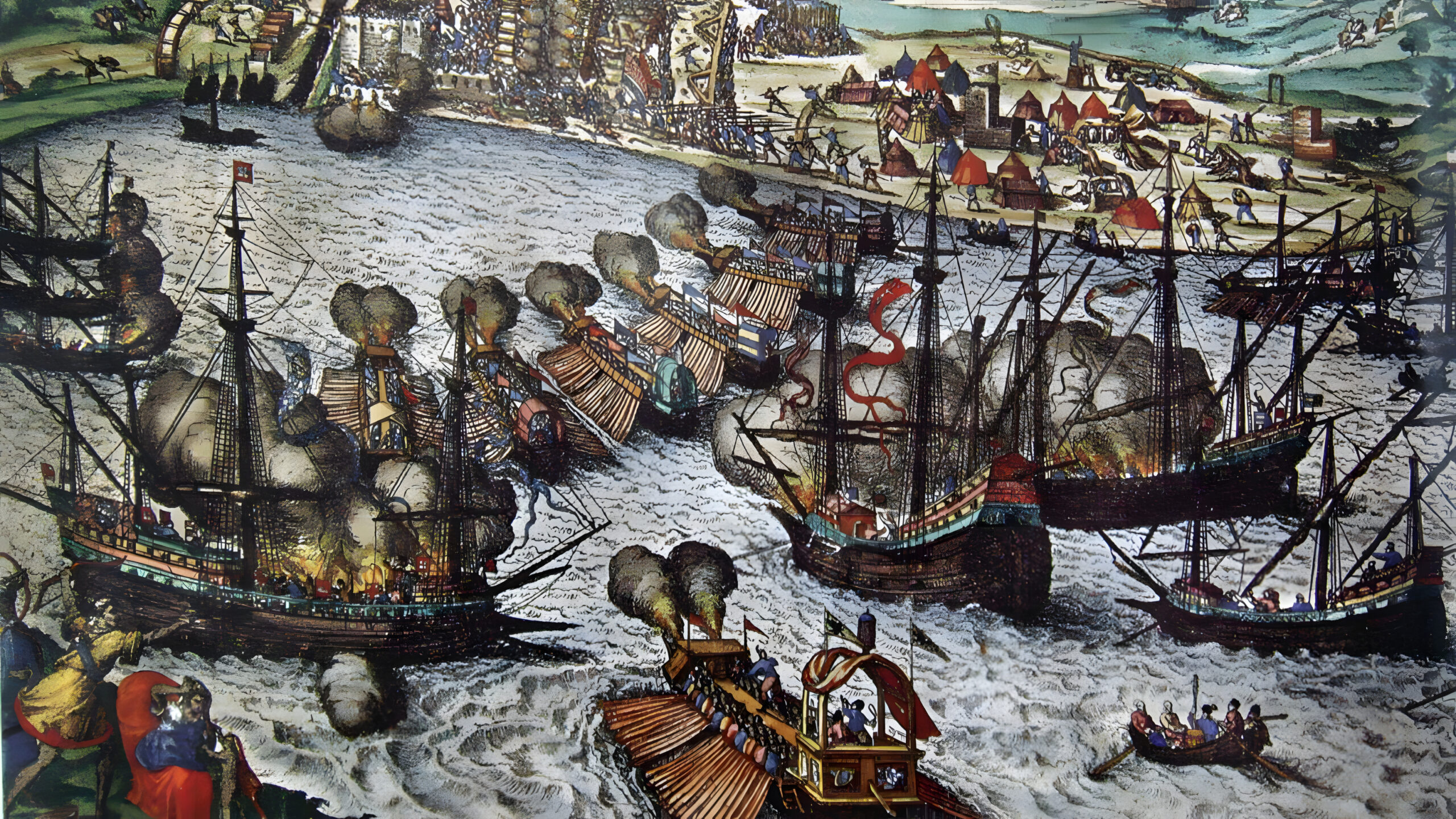
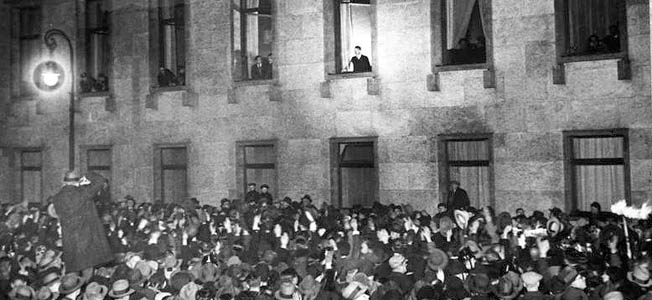
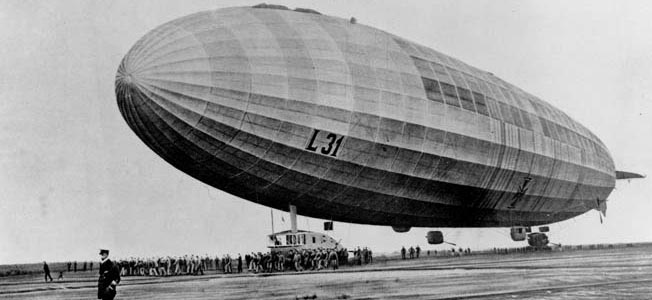

Join The Conversation
Comments
View All Comments